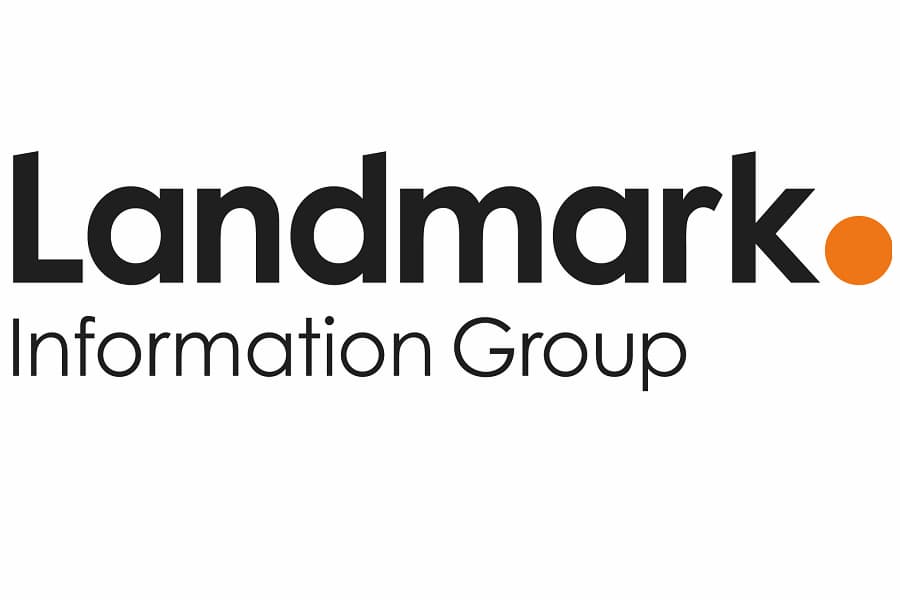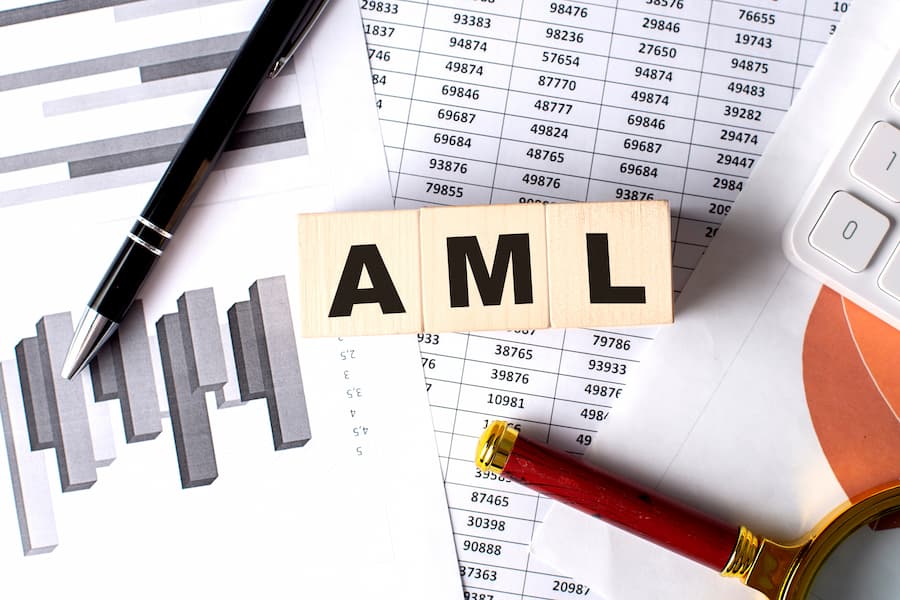Working in this part of the market, there’s a very large part of me that believes if others can develop ‘smart water’, then we should certainly be able to produce ‘smart contracts’ in conveyancing.
Indeed, you have to wonder just how ‘smart’ the water really is, and whether those who are paying a premium for such products are quite the opposite of smart?
However, in our sector ‘smart’ would undoubtedly be a positive move forward and I was therefore intrigued to see a proof of concept unveiled by the Instant Property Network (IPN) recently which purported to be just this type of operation.
Described as a ‘new distributed ledger-based system’ IPN have trialled this, running ‘end-to-end transactions using test data through a new distributed ledger to simulate property sales over a five-day period’. It said that by removing ‘duplications and costly reconciliation processes….from the buy/sell process’ it was able to conduct the first transaction within less than an hour.
And it said, that by extrapolating this out, it would be able to cut average transaction times down from three months to less than three weeks.
“And couldn’t we all, if we took clients out of the process?” I hear you say; it was after all just a proof of concept without the impact of real life and high emotion weighing down progress and I appreciate that there will be many within the conveyancing sector who will look at such claims and think they’ve heard it all before.
I am not here to suggest that this IPN system is going to work in the practical world, and that when the real-life issues that confront us as conveyancers get to work, that any such claims might seem frivolous.
However, this should not stop us wanting to achieve the aims that this trial set out to. But, in order to do this for real, I believe there are a number of non-negotiables that we would need to have. In no particular order these are:
- A super GDPR consent – this would be similar to the operation of consent in the Open Banking regulations and would effectively mean that each entity does not need to verify consent before adding their data to the service, it is collected in the instruction by the client to participate in the smart contract.
- An agreed data standard – OSCRE International, an acronym for Open Standards Consortium for Real Estate, attempted to do this at the beginning of the century but it did not get off the ground. Is it too late to revisit it so that technology systems can talk to each other?
- ‘Datasets’ not ‘forms’ – digital data can be consumed into systems. Imagine a system that can consume the data in the sellers’ information, title and searches to facilitate a guaranteed lending decision and remove the current conflicts between the information held by the seller and the relevant authority, thus reducing additional enquiries.
Getting these particular ducks in a row is no mean feat but it’s certainly achievable and, in my view, is absolutely necessary if we wanted to get to the ‘smart contracts’ end-point. And, let’s be frank here, this is a journey which we should not be embarking on if it does not deliver what we all want (and need) the home-buying process to look like in the future.
Such ambitions are, of course, all wrapped up in concepts like Blockchain and the Land Registry’s Digital Street project, but these are set up in order to deliver a quicker and more transparent process. Plus, this IPN trial involved over 40 well-known organisations right across the world – lenders/solicitors/insurers, etc – so there can be no real denying of the buy-in we can have for delivering such an upgrade in transaction functionality and deliverability.
IPN says the next version of its platform will be coming in September this year which perhaps illustrates the speed of change that could be coming. We do, however, need to ensure this is fit for our industry’s purpose and that conveyancing firms can integrate successfully with any such system, and that it includes those non-negotiables otherwise I suspect it is unlikely to satisfy all stakeholders.
To this end, we’ve invited IPN along to our next series of meetings taking place at the end of June along with a panel of legal software suppliers in the hope that an open discussion between the industry can start that needs-analysis piece.
That said, to see such progress being made is heartening – there is some way to go but if that time is used wisely, the benefits are clear and obvious and could deliver a positive home moving experience for all.




















